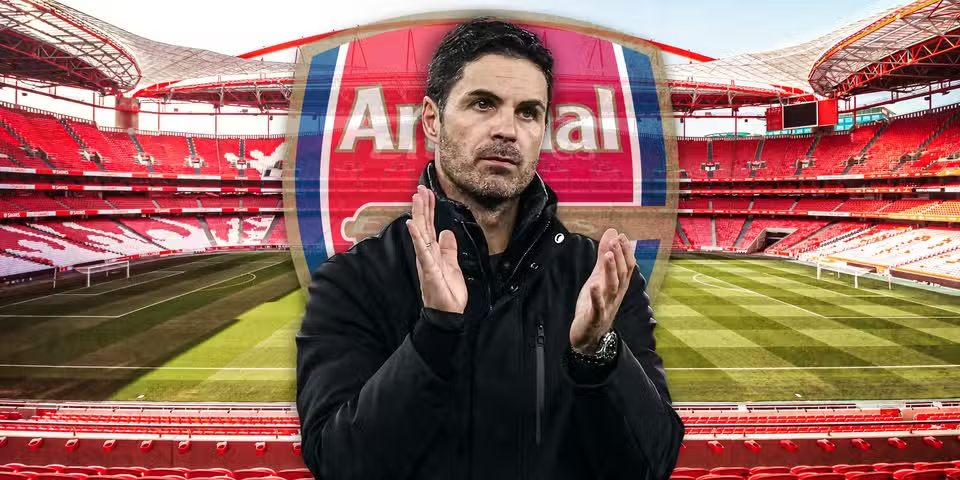In modern football, discipline is as much a part of the game as tactics and skill. Yet, when a team racks up multiple yellow cards in a match, fines often follow as a consequence of their aggressive play. For Leicester City’s head coach, Enzo Maresca, the spirit and fight his team shows on the pitch are worth every penny of those fines.
After his team recently received over six yellow cards in a single match, leading to a fine from the FA, Maresca offered a clear response: he won’t be losing any sleep over the penalty. In fact, his remarks—“I will not pay any money, I love the way the players fight”—echoed his pride in the aggressive, committed attitude of his squad, signaling that he values passion and intensity over avoiding the occasional sanction.
Discipline vs. Determination: The Fine Line
Football is a delicate balance between flair, finesse, and physicality. When players push the limits, yellow cards inevitably pile up. For Maresca, however, these bookings represent something more than just disciplinary issues. They symbolize the heart and drive his players bring to every match.
In a sport where winning often hinges on intensity and effort, Maresca’s comments reflect an understanding that football is not just about technical brilliance—it’s also about grit. Every challenge, every 50-50 tackle, shows a desire to win that can’t be easily measured on a stat sheet.
Aggression as a Game Plan
Under Maresca, Leicester City has been developing an identity of aggression. The team’s willingness to battle for every ball, to press high and disrupt the opposition, has been a cornerstone of their play this season. While this approach inevitably leads to fouls and cards, it also keeps the team on the front foot, forcing their opponents to fight for space and possession.
Yellow cards, in this context, are almost a byproduct of a strategy designed to overwhelm the opposition with relentless pressure. For Maresca, this is a trade-off worth making. He has placed emphasis on winning the ball back quickly, controlling the tempo, and showing no fear in tackles. This mindset, while risky, has brought results—and yellow cards along the way.
The Cost of Passion: A Necessary Sacrifice
Fines for accumulating too many yellow cards can be a financial burden for clubs, but Maresca’s statement suggests he believes that this is a price worth paying. His focus is on building a culture of intensity, one that might toe the line between acceptable aggression and excessive fouling.
By defending his players’ conduct and their fighting spirit, Maresca is sending a clear message to both his squad and supporters: he would rather see his team fight and occasionally cross the disciplinary line than play it safe and lack conviction. It’s a gamble he is willing to take in exchange for a competitive edge.
Pushing Limits Without Crossing Them
While Maresca’s philosophy prioritizes grit and fight, the challenge now will be maintaining this intensity without consistently facing the consequences of fines and potential suspensions. Striking the right balance between controlled aggression and discipline is key to long-term success. Excessive yellow cards could lead to player suspensions or create moments where the team is caught in vulnerable positions.
To keep pushing boundaries without crossing them, Maresca and his coaching staff will need to work on refining their players’ ability to disrupt play without consistently drawing the referee’s ire.
A Manager Who Defends His Team
Maresca’s support for his players in the wake of the fines shows that he understands the sacrifices players make on the field. His refusal to condemn them for their aggressive approach further strengthens the bond between manager and squad. This backing from the coach can boost morale and drive, as players know they have a manager who values their effort, even when it leads to moments of indiscipline.
As the season progresses, Maresca will likely continue to encourage his players to give everything they have in every match. And while yellow cards may come with that fighting spirit, he’s more concerned about maintaining the intensity that has already defined much of his tenure.
Enzo Maresca’s stance on receiving fines for yellow cards speaks volumes about his leadership and coaching philosophy. While the financial penalties are unfortunate, Maresca is focused on fostering a team culture that prioritizes fight, passion, and a relentless desire to win. He is willing to accept the fines as part of the cost of building a fiercely competitive team. For him, the bigger picture is clear: instilling the right attitude in his players is worth more than avoiding the occasional yellow card.
In the end, as long as Leicester City’s fighting spirit leads to success on the pitch, Maresca won’t mind paying the price.




